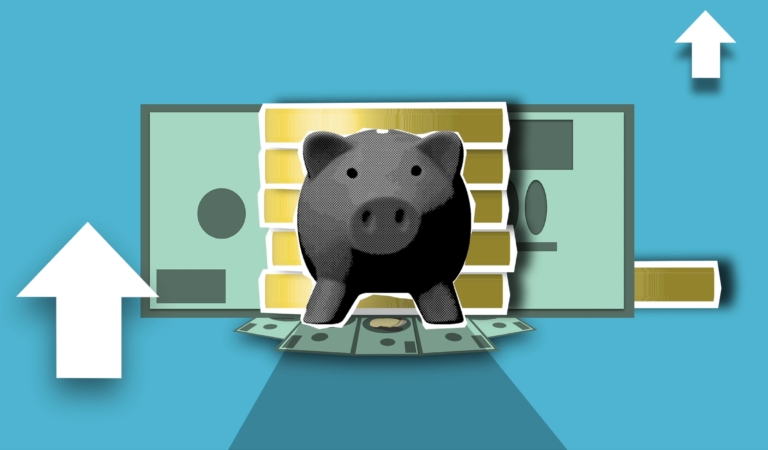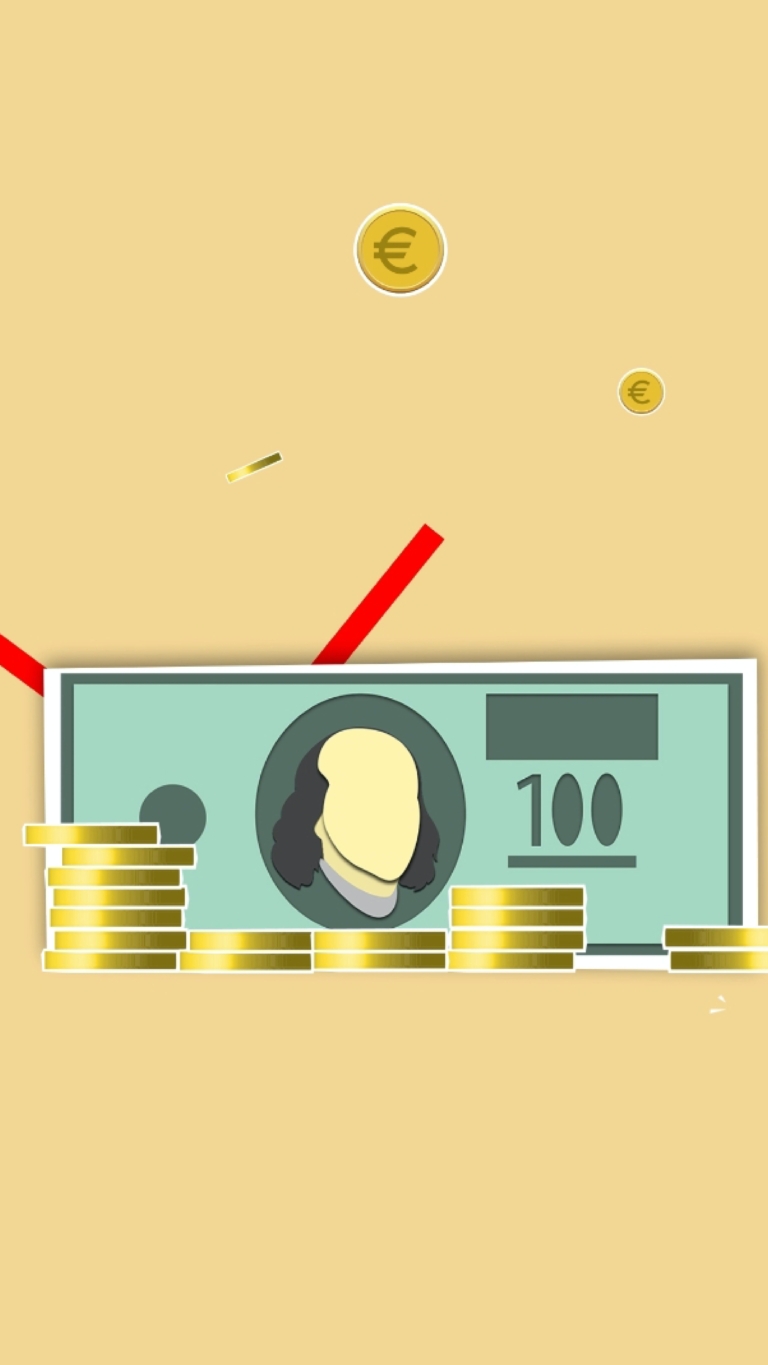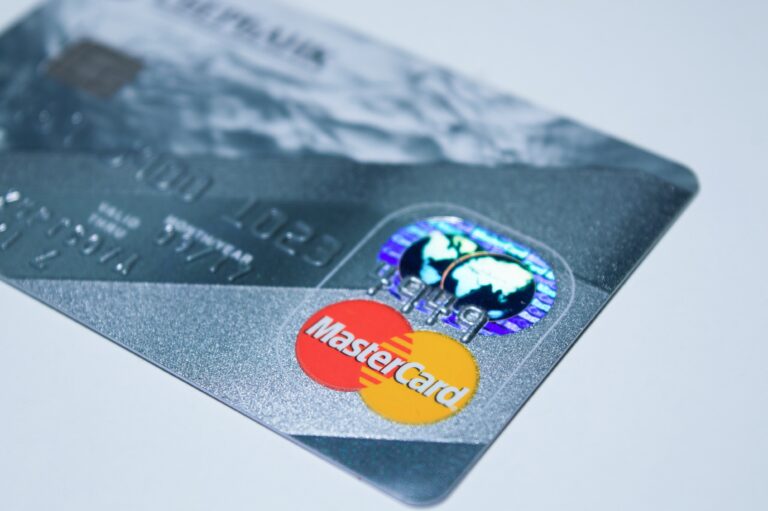At some point in our lives, most of us need to open a bank account. Whether it’s to deposit paychecks, save for a rainy day, or simply keep our money safe, a bank account is an essential tool in managing our finances. In this article, we’ll explore the steps required to open a bank account easily, without any hassle.
The Essential Requirements for Opening a Bank Account
Valid Government-Issued Identification
Examples of acceptable forms of identification include:
- Driver’s license
- Passport
- State-issued ID card
Proof of Address
Examples of acceptable proof of address include:
- Utility bill
- Lease agreement
- Mortgage statement
Social Security Number
Your Social Security number is necessary for tax purposes and identity verification.
Initial Deposit
Most banks require an initial deposit to open an account, typically ranging from $25 to $100.
Choosing the Right Financial Institution: Banks vs. Credit Unions
Fees and Interest Rates
Credit unions often offer lower fees and higher interest rates due to their not-for-profit status.
Convenience and Accessibility
Consider branch locations, hours of operation, and online and mobile banking options when selecting a bank or credit union.
Customer Service and Support
Responsive support, clear communication, and helpful resources are essential for a positive banking experience.
Account Options and Services
Review the types of accounts and services offered, such as checking and savings accounts, loans, credit cards, and investment options.
Reputation and Reviews
Research the bank or credit union’s reputation and customer reviews to ensure they have a good track record and are well-regarded.
Choosing the Right Bank Account for Your Needs
Checking Accounts
Ideal for day-to-day transactions, allowing for easy deposits, withdrawals, check-writing, and debit card usage.
Savings Accounts
Designed for long-term savings goals, offering higher interest rates than checking accounts with limits on monthly withdrawals.
Money Market Accounts
Offering higher interest rates than savings accounts and allowing for check-writing, but typically requiring a higher minimum balance.
Certificate of Deposits (CDs)
A fixed-term savings account with higher interest rates but requiring funds to be locked in for the duration of the term.
The Role of Your Financial History
Banks and credit unions often use ChexSystems, a consumer reporting agency, to assess potential customers’ risk. Review your credit report and ChexSystems report to address any potential issues.
Funding Your Bank Account
Deposit Methods
- Cash
- Check or money order
- Direct deposit
- Electronic or wire transfer
Ensure your chosen bank is FDIC insured to protect your deposits.
Maximizing the Benefits of Your New Bank Account
Account Features
Take advantage of online bill pay, remote check deposit, text or email alerts, and other convenient features to manage your finances effectively.
Debit Card vs. Credit Card
Debit cards allow you to spend money you already have in your account, while credit cards let you borrow money to make purchases.
Building Credit with Debit Cards
Using a debit card does not help build credit, as it is linked to your checking account and only allows you to spend the money you have in your account. To build credit, use credit cards or take out loans and make timely payments.
The Bottom Line
Opening a bank account is an essential step in managing your finances. By understanding the requirements for opening an account, selecting the right financial institution and account type, addressing any financial history concerns, and making the most of your new account’s features, you’ll be on your way to successfully managing your money and achieving your financial goals.







